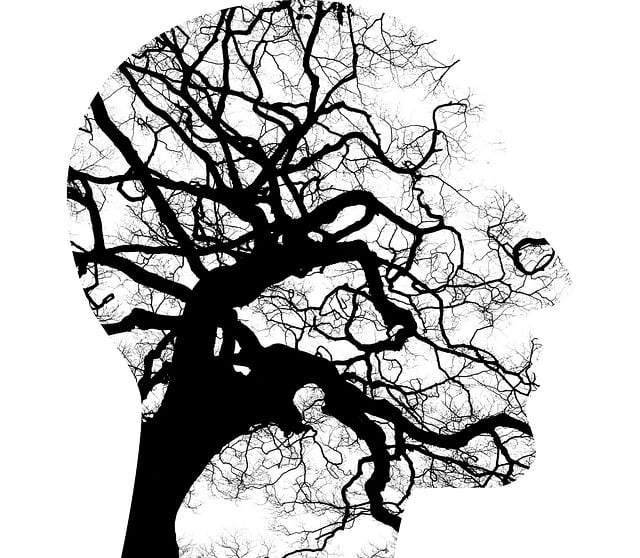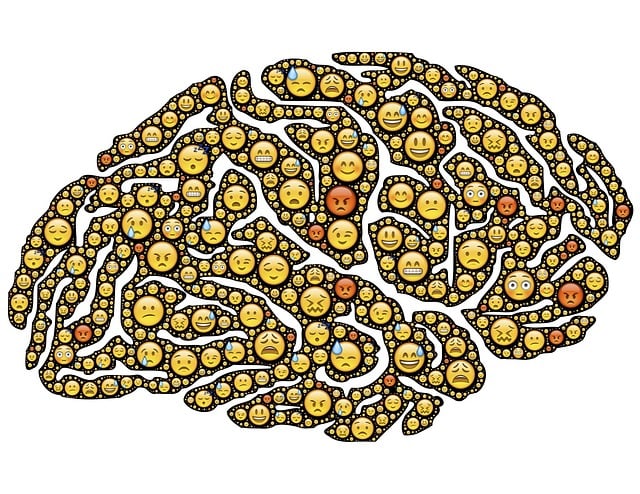Mental wellness journaling is a powerful tool for young adults navigating gender identity challenges, offering a safe space for self-expression and emotional healing. By documenting thoughts and feelings, this practice enhances mindfulness, fosters emotional regulation, and aids in processing complex emotions related to mental health. Through journaling, young adults gain insights into their identities, develop communication skills, set boundaries, and cultivate positive thinking. Therapists and educators can leverage these narratives to initiate conversations about gender identity, reduce stigma, and promote inclusive communities. A supportive environment, incorporating techniques like mindful listening, encourages consistent journaling habits, normalizing open dialogue about mental wellness struggles among young adults.
Mental wellness journaling offers a profound self-reflection tool, especially impactful for young adults navigating unique challenges. This article guides you through tailoring this exercise to meet their specific needs, including addressing issues related to therapy for young adults and gender identity expression. By exploring diverse perspectives, we uncover the enhanced emotional awareness and coping skills that regular journaling fosters, along with tips to create a supportive environment encouraging consistency in self-care practices.
- Understanding Mental Wellness Journaling: A Powerful Tool for Self-Reflection
- Tailoring the Exercise to Young Adults: Addressing Unique Challenges and Needs
- Gender Identity and Expression: Incorporating Diverse Perspectives into the Journaling Practice
- The Benefits of Regular Journaling: Enhancing Emotional Awareness and Coping Skills
- Creating a Supportive Environment: Tips for Encouraging Consistency and Self-Care Through Journaling
Understanding Mental Wellness Journaling: A Powerful Tool for Self-Reflection

Mental wellness journaling is a powerful tool for self-reflection that can significantly benefit young adults navigating their gender identity. It provides a safe and private space to explore thoughts, emotions, and experiences without judgment. By documenting feelings, behaviors, and patterns, individuals can gain valuable insights into their mental health and well-being. This practice fosters emotional regulation by encouraging the expression of complex emotions and promoting positive thinking through reflection on personal growth and achievements.
For young adults grappling with gender identity issues, journaling allows for a deeper understanding of one’s self. It serves as a form of therapy, enabling them to process challenging feelings, reduce anxiety, and enhance mindfulness meditation practices. Through regular writing, they can better communicate their needs, set boundaries, and cultivate a more positive outlook on life—all essential aspects of maintaining good mental health, especially during formative years.
Tailoring the Exercise to Young Adults: Addressing Unique Challenges and Needs

Mental wellness journaling can be a powerful tool for young adults navigating their unique challenges and personal growth. This demographic often faces issues related to identity formation, including exploring gender identity, which is a crucial aspect of their overall well-being. By tailoring this exercise, individuals in their teens and early twenties can process complex emotions and experiences.
Journaling provides a safe space for young adults to express themselves creatively and reflect on their feelings without judgment. It encourages self-discovery and fosters emotional healing processes. Moreover, it can enhance their ability to communicate and build social skills, as they learn to articulate their thoughts and feelings. Healthcare providers play a vital role in promoting this practice, especially through cultural competency training, ensuring that young adults receive appropriate support tailored to their diverse needs and identities.
Gender Identity and Expression: Incorporating Diverse Perspectives into the Journaling Practice

Journaling can be a powerful tool for exploring and understanding one’s identity, especially when it comes to gender expression. For young adults navigating their mental wellness, particularly those dealing with issues related to gender identity, finding safe spaces to express themselves is vital. Incorporating diverse perspectives in journaling practices can significantly contribute to therapy and support groups designed for this demographic.
By encouraging individuals to document their experiences and feelings regarding their gender, therapists and educators can facilitate meaningful conversations about the intersection of mental illness and stigma reduction efforts. This practice aligns with the broader goals of Mental Health Education Programs Design, aiming to create inclusive environments. Moreover, sharing these personal narratives through mental wellness podcast series production can further inspire and educate others, fostering a sense of community and acceptance for all expressions of gender identity.
The Benefits of Regular Journaling: Enhancing Emotional Awareness and Coping Skills

Regular journaling has numerous benefits for young adults exploring their gender identity and navigating mental wellness. By putting thoughts and emotions onto paper, individuals can enhance their emotional awareness, enabling them to better understand and manage their feelings. This practice facilitates self-reflection, allowing one to identify triggers and patterns associated with their mental health.
Through journaling, young adults can develop effective coping strategies tailored to their unique experiences. It provides a safe space for self-expression, fostering improved communication skills. By articulating thoughts and feelings, individuals may gain new insights and perspectives, leading to better decision-making and overall mental health awareness. This form of therapy empowers young adults to take charge of their emotional well-being, especially when navigating the complexities of gender identity.
Creating a Supportive Environment: Tips for Encouraging Consistency and Self-Care Through Journaling

Creating a supportive environment is key to encouraging consistent mental wellness journaling and self-care practices among young adults exploring their gender identity. This involves fostering a safe, non-judgmental space where individuals feel empowered to express their thoughts and emotions freely. Incorporate compassion cultivation practices, such as mindful listening and empathetic responses, to build trust and make the journaling process more engaging.
Design mental health education programs that integrate stress reduction methods tailored to this demographic’s unique challenges. By normalizing open dialogue about gender identity struggles and providing practical tools for managing stress, you can help young adults view journaling as a valuable therapy accessible to them. These strategies collectively contribute to a holistic approach to mental wellness, ensuring that self-reflection through journaling becomes an enduring habit supportive of their journey.
Mental wellness journaling offers a valuable, accessible therapy for young adults, providing a space for self-reflection and emotional awareness. By tailoring exercises to address unique challenges and incorporating diverse perspectives on gender identity, we can foster healthy coping skills and encourage consistent self-care practices. Regular journaling can enhance mental resilience, making it an effective tool in navigating the complexities of adolescence and young adulthood.














